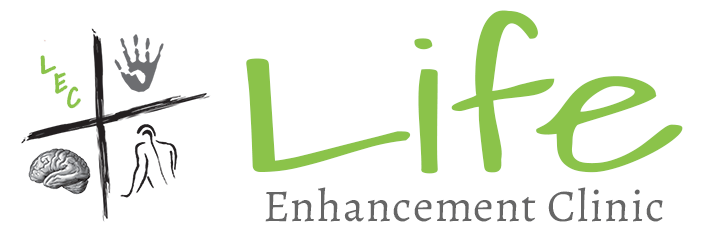If you, or someone you know, suffers from migraine headaches then you are aware that the pain can be debilitating. But what if you were actually making your migraine headaches worse by using many of the conventional treatment recommendations?
An article published in the November 25, 2008 Neurology journal (Neurology 2008; 71:1821-1828) showed that excessive acute migraine medication use causes increased migraine progression. The articles authors established seven main clinical implications and conclusions based on their review of the literature. These conclusions are worth considering, especially if you are using some of these compounds.
(1) The relationship between frequency of headaches and use of specific classes of acute medications are complex. However, it is clear that exposure to these medications does precede the development of chronic daily headache.
(2) The relationship between symptomatic medication overuse and headache depends on the drug, the dose and the frequency of headache and the characteristics of the individual headache sufferer. This makes sense, obviously, people are individuals, and therefore should be treated as such. This identifies one important aspect of functional medicine and that is with a functional medicine approach, the patient is treated, not the condition.
(3) Opiates are consistently associated with the development of chronic daily headaches. The critical dose appears to be in those that utilize greater than 8 days each month, with a greater propensity to affecting men more than women.
(4) Barbiturates are “inducers” of headaches, like opiates.
(5) Caffeine containing medication appears to have a propensity for increasing chronic daily headaches and more studies should be aimed at addressing this.
(6) Triptans were associated with increased headache frequency in those with more than 10 days of headache at baseline. Triptans were not found to induce chronic daily headache.
(7) NSAIDs do not induce chronic daily headaches. In one study, aspirin was clearly protective, ibuprofen tended to be protective and naproxen was an inducer of headaches.
Of all the medications used, it seems that NSAID’s have the lowest risk of inducing chronic daily headaches, however, there are other concerns with chronic NSAID use including gastrointestinal damage, liver dysfunction and kidney dysfunction. What many people don’t recognize is that there are many natural, safe and effective measures that can be taken while trying to manage migraine headaches that have no side effects and will cause no harm.
You may want to consider just a few of these following natural options:
(1) Food Allergy Elimination – an article published in Lancet recognized the following foods as potent triggers of migraine headaches: wheat, orange, eggs, tea and coffee, chocolate, milk, beef, corn, cane sugar, and yeast. Food allergy is among the most common causes of headaches, particularly those that do not respond to drug treatments. Compliance with a modified elimination diet to decrease antigenic load for thirty days followed by a gradual reintroduction of foods is a great way to assess for underlying food sensitivities.
(2) Magnesium – magnesium deficiency is one common trigger of migraine headaches. Magnesium is depleted by stress. Stress is ubiquitous in our society. Take away message? Make sure you get enough magnesium and manage daily stress.
(3) Vitamin D deficiency – it is recommended that you have your vitamin D levels checked at least once a year, and more often if they are too low. Optimal ranges are 55-60. In my practice we have never had a normal vitamin D level and we find many overt deficiencies. Vitamin D deficiency can lead to many other musculoskeletal conditions.
(4) Omega-3 fatty acids (fish oils) – have been shown to reduce the frequency, duration, and intensity of migraine headaches. Recommended dose is 3,000 milligrams of EPA and DHA per day with additional 400IU mixed tocopherols.
(5) Cervical myofascial trigger points – If deep palpation of the upper cervical musculature produces referred pain to the head, face or reproduces headache symptoms, then you know you have an active trigger point that needs to be addressed.
(6) Ginger has been shown to safely reduce musculoskeletal pain in general, and migraine headaches in particular.
(7) Avoid foods with tyramine, nitrites, and other food additives such as MSG.
(8) Support mitochondrial function.
(9) High dose niacin alleviates migraine headaches.
(10) CoQ10 – 100-400 milligrams each day has been shown effective in reducing migraine frequency, duration and intensity.
There are many other options that provide a natural approach to managing migraines. The obvious choice is to try treatments that will “first do no harm”. Find a functional medicine practitioner near you to provide expert guidance as you seek to relieve your migraine headaches. There are so many other issues that may be the underlying cause of the migraines that can be discovered with a detailed history, examination and objective laboratory testing.
Do you have any feedback you can provide on migraine headaches? Please leave a comment.


